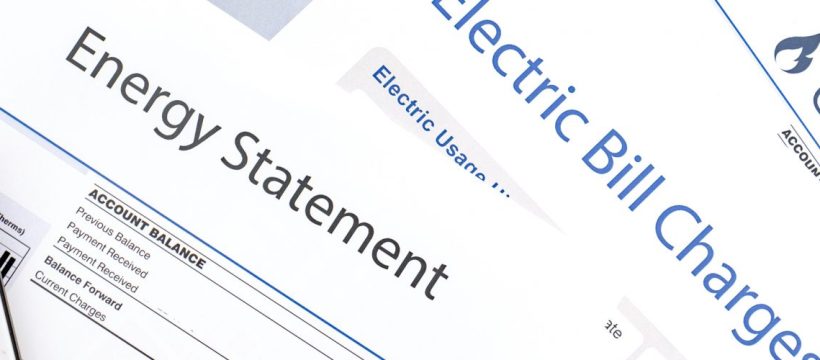Proof of address plays a crucial role in various aspects of our lives, from opening bank accounts to receiving government services. However, some individuals resort to using fake documents, such as utility bills, to deceive authorities and gain undue advantages. This article aims to shed light on the legal implications of employing counterfeit proof of address and the potential consequences one may face for such actions.
The Importance of Authentic Proof of Address
Before delving into the legal aspects, it is essential to understand why authentic proof of address is necessary. Legitimate documentation helps establish an individual’s residence, identity, and credibility, serving as a foundation for numerous transactions and legal processes. Faking proof of address undermines the integrity of these systems and can have serious consequences.
Fraudulent Misrepresentation
Using a fake utility bill for proof of address is a form of misrepresentation. This act can be considered fraud, as it involves intentional deception with the intent to gain an advantage or cause harm. Legal systems across the world take a strong stance against fraud, and individuals caught engaging in such practices can face severe penalties.
Forgery and Counterfeiting
Creating or altering documents to make them appear genuine is considered forgery. Counterfeiting utility bills with the intent to deceive authorities is a serious offense. Such actions undermine the trust and reliability of official documents and can lead to fines and imprisonment.
Identity Theft
Falsifying proof of address often involves using someone else’s personal information without their consent. This act can be classified as identity theft, which carries severe penalties. Identity theft not only affects the victim but also poses a threat to the overall security of individuals and institutions.
Financial and Legal Consequences
Using fake documents for financial transactions, such as obtaining loans or credit cards, can lead to significant financial losses. Moreover, if discovered, such actions can result in legal action from financial institutions or affected parties seeking restitution.

The Legal System’s Response
Law enforcement agencies and regulatory bodies are vigilant in identifying and prosecuting individuals involved in falsifying proof of address. They employ various techniques to detect fraudulent activities, including document verification, forensic analysis, and data cross-referencing. Once identified, perpetrators may face criminal charges, leading to legal proceedings and potential convictions.
Criminal Penalties
The severity of legal penalties varies depending on jurisdiction, but they can include substantial fines, probation, community service, and imprisonment. Repeat offenders or those involved in organized fraudulent activities may face more severe consequences.
Long-term Consequences
Apart from immediate legal ramifications, individuals caught using fake proof of address may face long-term consequences. A criminal record can hinder future employment prospects, impact personal relationships, and tarnish one’s reputation. Additionally, the loss of trust from financial institutions and other organizations can make it challenging to regain access to essential services.

